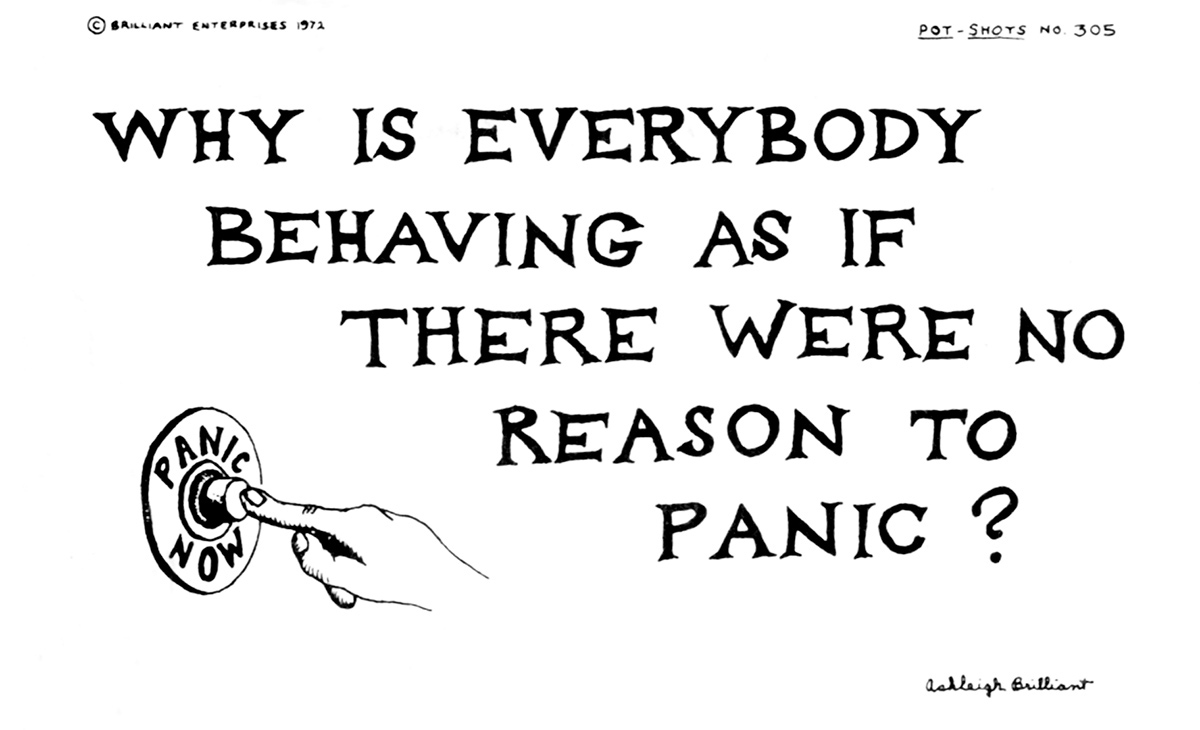Going Back

Most of us have probably had the experience of re-visiting a place we once knew well, and finding it changed in such a way as to tell us we don’t belong there anymore. Thomas Wolfe said it in the title of one of his novels – You Can’t Go Home Again. There is a word for the longing for an irretrievable past – “Nostalgia.” An additional symptom of this malady is the tendency to remember things as having been better than they really were. They were the “Good Old Days.”
But the idea that looking back ought to be discouraged has a long history. Its classic example is to be found in the Old Testament Book of Genesis, where it is associated with the destruction of the “wicked” cities of Sodom and Gomorrah. One inhabitant of Sodom, we are told, was a Hebrew patriarch named Lot. As in other Biblical instances (see the story of Noah), Lot is warned by heavenly messengers of the impending destruction, and given a chance to flee with his family to another city. They do set out, but they have also been warned not to look back. However, Lot’s wife – whose name we’re not told – disregards this injunction, and in consequence is turned into a pillar of salt. This was apparently a way of explaining an odd geological phenomenon, at the top of a hill which you can still see from the road between Jerusalem and the Dead Sea. It is indeed an isolated column of rock, surely of salt, since the Dead Sea itself is said to be the saltiest body of water on Earth (besides being the lowest point in elevation). But that column, or “pillar,” is still known as “Lot’s Wife.”
The concept of going back the way you came is of course associated with military defeat. Of that, the classic example is Napoleon’s retreat from Moscow in 1812. Why did he invade Russia in the first place? It was all because Russia’s Tsar Alexander I would not cooperate with Napoleon’s plan to control all of Europe, whereby the French general would prevent trade with his last remaining enemy, England. This would starve the British and force them into submission.
Napoleon already ruled virtually all of Continental Europe, either by military conquest, or by alliances (sometimes with countries upon whose thrones he had placed members of his own family). This “Continental System,” of course included the all-important port cities, which were all blockaded. But Russia was a hold-out and, despite several attempts by Napoleon at direct diplomacy, persisted in trading with England. The French emperor felt that his only recourse was force. He believed that, with his formidable record of military success, he would need only to cross the frontier at the head of an army, and the Tsar would be compelled to yield. But, as other would-be conquerors, before and since, have learned, Russia was a much harder nut to crack.
Napoleon and his generals put together a huge army, and aimed it directly at Moscow, the old Russian capital. (The new one, where the Tsar himself was situated, was hundreds of miles to the North – in St. Petersburg, on the Baltic.)
But as the French advanced, it soon became evident that this was going to be no triumphal procession. The Russian army steadily retreated, but followed what would later become known as a “scorched earth” policy, leaving nothing behind that could be of any possible use to the enemy. And they finally made a stand at a place called Borodino, about 130 km west of Moscow.
A very fierce battle was fought there, which the Russians apparently lost, since they retreated once again, leaving Moscow open to the invaders. But Napoleon was being led into a trap. No comfort awaited the “Grand Army.” Moscow had been abandoned and was stripped of all its stores. After lingering there in the vain hope that the Tsar would now be forced to come to terms – and with the notorious Russian Winter about to descend on them, the French were themselves forced into a retreat which became a military disaster. Under attack from virtually all sides, they had to follow their former ravaged path.
That path took them past the Borodino battlefield, which was still littered with thousands of unburied dead. Napoleon, looking over the field, is said to have remarked that it was a most beautiful scene. One may doubt if many of those who heard him agreed with that sentiment.







